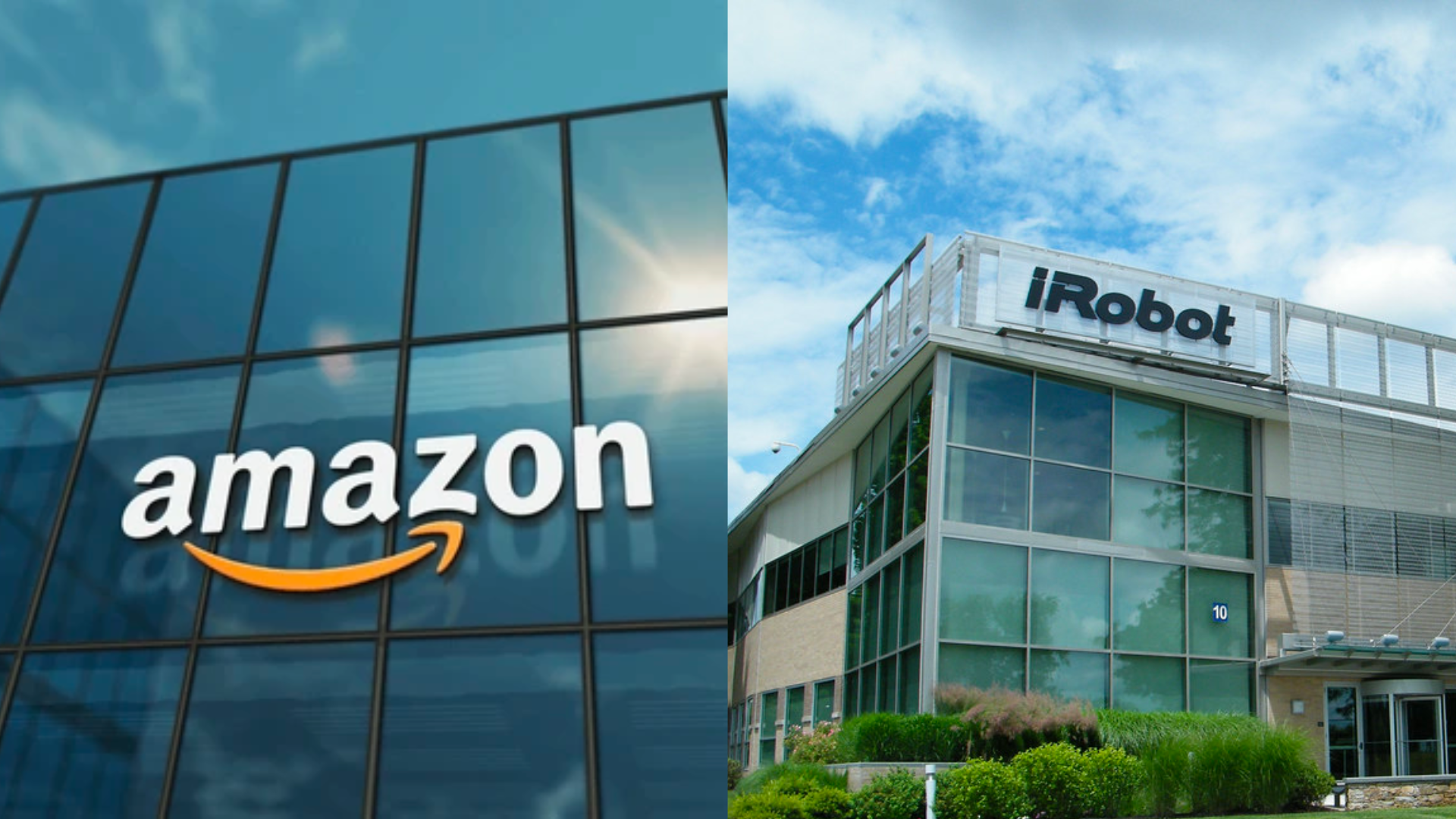
The recent fallout of Amazon’s acquisition of iRobot, the company behind the iconic Roomba vacuum, marks a significant turning point not just for iRobot but for the entire home robotics industry. The European Commission’s objection on anti-competitive grounds has halted what seemed like a lifeline for iRobot, struggling to navigate the fiercely competitive robot vacuum market. This development could signal a pivotal shift for the future of Roomba, a product that has become synonymous with autonomous home cleaning.
iRobot’s Market Struggles and Amazon’s Withdrawal
iRobot’s journey from market dominance to its current predicament is a tale of rapid market evolution and increased competition. Once holding a commanding 64 percent market share in 2016, iRobot has seen its dominance dwindle to 46 percent by 2020. The advent of lower-cost alternatives from Chinese manufacturers like Ecovacs, Anker, and Roborock, coupled with aggressive entries from Samsung and SharkNinja, has significantly altered the landscape. These competitors have introduced a range of innovative and affordable robot vacuums, challenging iRobot’s premium positioning and technological leadership.
Amazon’s proposed acquisition was seen as a strategic move to infuse iRobot with the necessary capital and resources to reclaim its market position. However, with the deal now off the table due to regulatory concerns, iRobot faces an uphill battle in a market that continues to evolve rapidly.
The Innovation Legacy of iRobot
Despite the current market challenges, iRobot’s contribution to the home robotics space cannot be overstated. The company has been at the forefront of technological innovation, introducing features that have set industry standards. From pioneering the first successful auto-empty dock to leading in the development of room mapping and object avoidance technologies, iRobot’s advancements have significantly influenced the market. Its dual rubber roller brush system remains unmatched in cleaning efficiency, a testament to iRobot’s commitment to innovation.
iRobot’s approach extends beyond hardware to software, where it has developed a robust operating system aiming to elevate robot vacuums from mere cleaning devices to intelligent home assistants. The vision was to use these robots to gain insights into home layouts and living patterns, potentially opening new avenues for smart home integration. This ambition likely played a role in attracting Amazon’s interest, given its stake in the smart home market.
The Competitive Landscape and iRobot’s Strategic Missteps
As the market for robot vacuums becomes increasingly saturated with multifunctional devices, iRobot’s strategic decisions have come under scrutiny. The company’s slow adoption of lidar technology and the all-in-one mopping and vacuuming model have put it at a disadvantage. Competitors have quickly embraced these technologies, introducing products that offer comprehensive cleaning solutions with advanced docking stations that handle multiple maintenance tasks autonomously.
iRobot’s attempt to catch up with the Combo j7 and later the Combo j9 Plus, while notable, has not fully addressed the gap in its product lineup. These efforts, though innovative, have not matched the pace or the breadth of features offered by competitors, who have aggressively marketed their all-in-one solutions.
Navigating the Crisis and Looking Ahead
The collapse of the Amazon deal has left iRobot in a precarious position, with a significant net loss reported in 2022 and an anticipated operating loss in 2023. The company is now faced with the daunting task of restructuring, which includes layoffs, office closures, and a reduction in research and development expenditure. This retrenchment marks a significant shift from iRobot’s tradition of innovation, raising concerns about its ability to compete effectively in the future.
The loss of founder and CEO Colin Angle further exacerbates the situation, signaling a potential shift in the company’s strategic direction. As iRobot scales back on its innovative endeavors, the competition, particularly from Chinese manufacturers, is likely to intensify, leveraging their rapid innovation cycles and competitive pricing. However, they also have their share of drawbacks, such as limited user repairability, an area where iRobot excels, and potential privacy concerns.
The Future of Home Robotics and iRobot’s Role
The challenges facing iRobot are emblematic of broader trends in the home robotics market, where innovation, price competitiveness, and consumer preferences are in constant flux. The company’s path forward will require a delicate balance between cost management, innovation, and market repositioning. While iRobot’s legacy of innovation and its contributions to the robot vacuum market are undeniable, its future success will depend on its ability to adapt to an increasingly competitive and price-sensitive market.
Related News:
Featured Image courtesy of Skorzewiak/Shutterstock and Amber Case/Flickr
